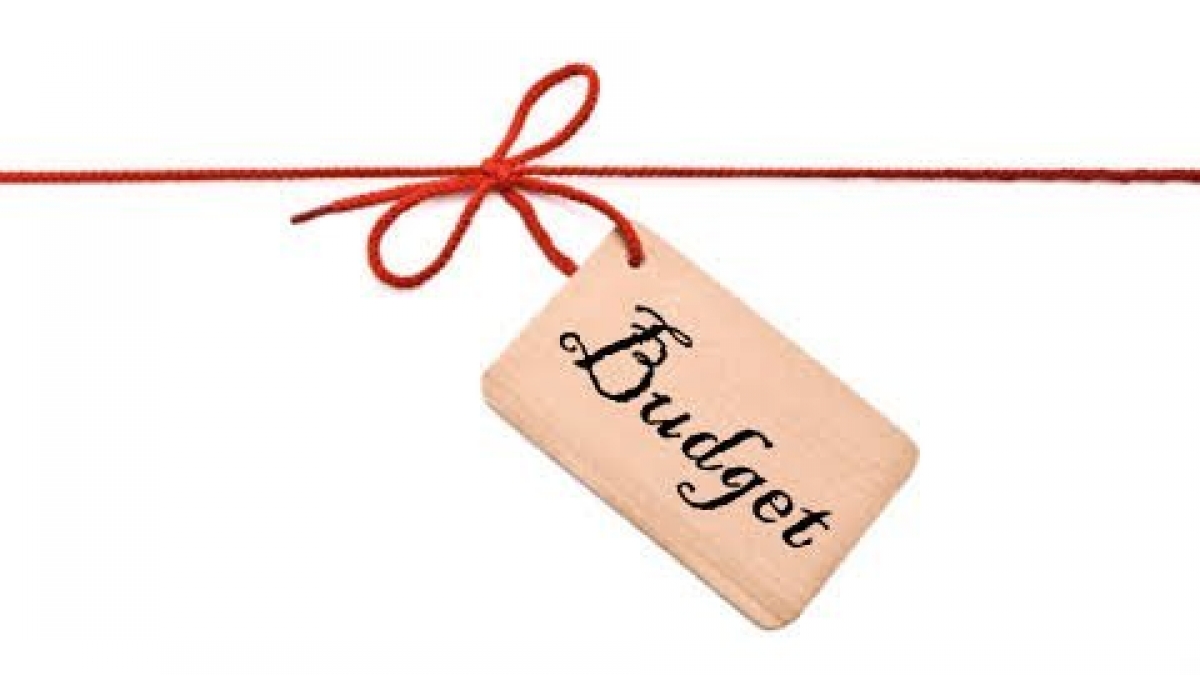The hardest part about fundraising is that you need money to raise money. It is a contradiction of sorts, but it is reality. That said, there are ways and means to reduce the amount of money you need upfront enable better cash flow.
The goal of every fundraiser should be to maximise income and minimise costs.
This article gives practical tips on running fundraisers on a shoestring budget. It is designed for those NPOs with very little cash in the bank, but an urgent need to raise funds.
Maximising Income
Maximise the number of supporters at your event. The more people who attend your event, the greater the income. So it’s really important to focus on increasing foot traffic through the door. This needs to happen before the day and should start at least 6 to 12 weeks in advance.
Some of the ways to do this include:
- Target Audience: Make sure that your event appeals to a large group of supporters. Choose something that is relevant to them.
- Check the Date: Do a search for other similar events in your area on that date. You don’t want to be competing with other organisations. Also check for major local or national events that might keep supporters away like a major rugby final.
- Pricing Strategy: It is important not to be greedy. Do your research and find out what is been charged for similar events. Over priced events scare people away, but you also need to cover event costs. Is your event an elite event for a select few? Or is it an event which requires as many attendees as possible to make a profit? The answers to these questions will inform your pricing strategy.
- Facebook Events: Create and use a Facebook event to advertise details of your event. There are more tips on this in the article Facebook Events for NPO Fundraisers)
- Graphics: Develop a simple graphic containing critical event information that can be shared via email, Facebook, Instagram, Twitter and Wattsapp. Ask your supporters if anyone is able to print flyers at cost or for free.
- Marketing Campaign: This must start as soon as the date is confirmed and only stops a week after the event. Initially all you need to achieve is getting your supporters to save the date. Once this is done, you can spread the word further in terms of the actual details as your plans develop. During the event keep a live stream of posts and information going. This helps those that are still undecided with their decision. After the event it is important to share pictures and “Thank You’s”.
- Word of Mouth: One of the best forms of advertising is word of mouth. People attend events that their friends recommend. Use your networks to get as much support as possible.
- Pay Up Front: Where possible get people to register and pay upfront for your event. If they have committed money to the event they are more likely to attend. Pre-registration also gives you a good feel for numbers on the day so that you can cater.
Minimising Costs
Some of the ways to do this include:
- Donations: Appeal to your community and supporters to donate specific items that you need. For example, if you are selling breakfast rolls and get the ingredients donated, then every roll sold is profit.
- “Free Marketing”: Social Media is your friend. Every community has groups on Wattsapp, Facebook and other platforms where you can share information about your event. Most communities also have specific pages focused on sharing local events. These organisations will often advertise NPO events for free. Make sure your posts are fun, exciting and visual so others also share them.
- Venues: Public generosity is amazing. You will be surprised at how many places will offer free or discounted venues if you ask. When you approach these organizations, be prepared to answer questions about what your NPO does and what the funds raised will be used for.
- Volunteers: If you ask your supporters and local community for support you will be surprised at the number of people willing to volunteer their time for free. Don’t be afraid to ask for help.
- Media: Involve your local media by sending them information about your event and asking them to publish it. If you have someone who can write well, send them complete articles. Media are always looking for new stories to fill their pages.
“Thank You”
Such a small, but powerful word. People who help you want to feel appreciated. They want to feel like they have made a difference in their community. Therefore saying “Thank You” to your donors, volunteers, supporters and team is critical to building lasting relationships. Share with them the impact they had – how much money was raised and what you will do with these funds. Transparency creates trust.

